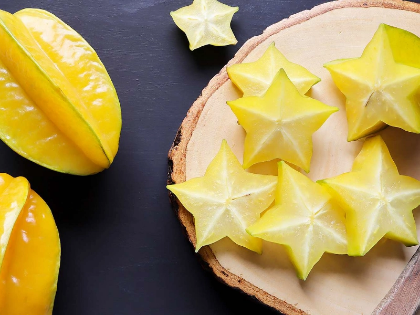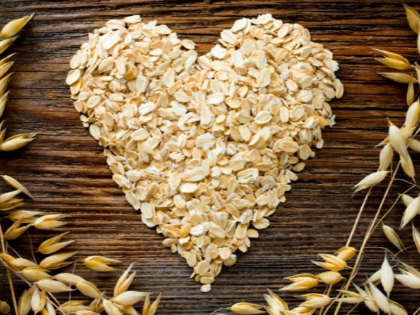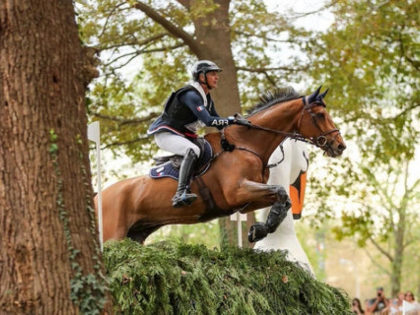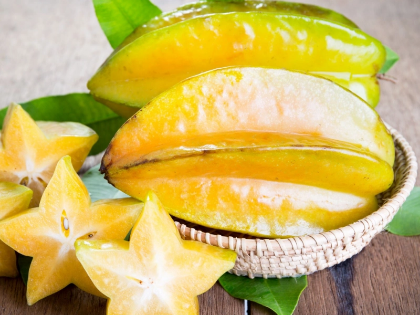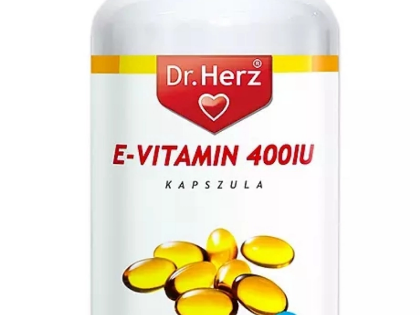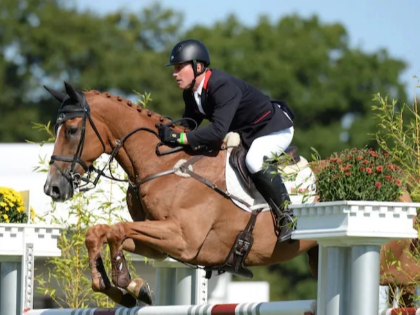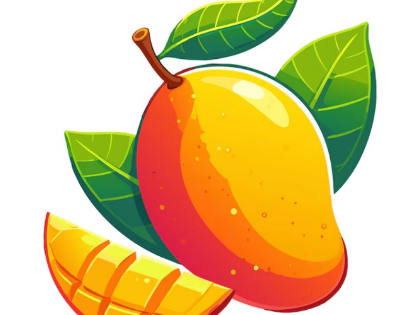Nutrition Guide for Competition Horses
Competition horses need proper nourishment if they are to perform as best they can. These sportsmen have different energy demands, muscle development, and general health, hence they need a balanced diet. Knowing the particular dietary needs for competitive horses will enable owners and trainers to maximize their feeding strategies. This article will look at key nutrients, feeding techniques, and ideas for keeping competition horses performing at their best.
Appreciating Dietary Requirements

Designing a Balanced Meal
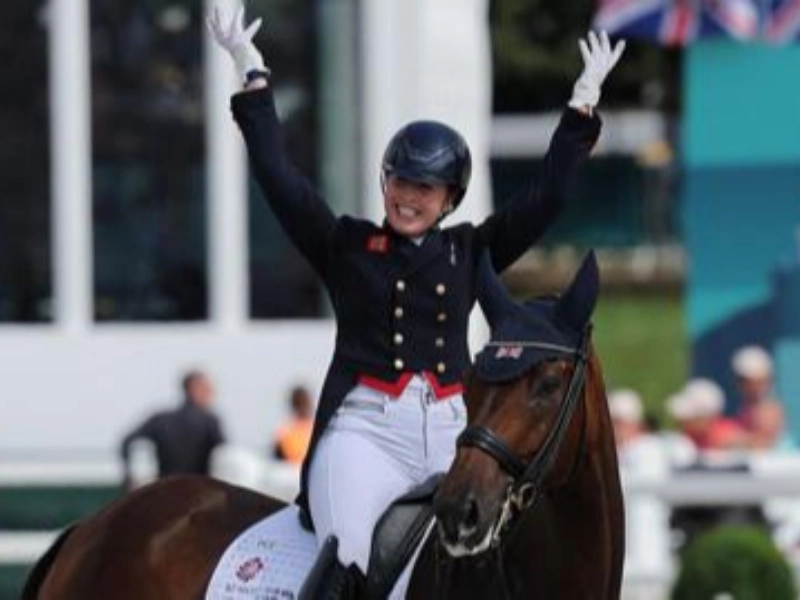 For competing horses, a balanced diet calls for pasture, concentrates, and supplements catered to their particular requirements. Their food should consist mostly on forage, such hay or pasture, which is necessary for digestive health because of its fiber content. Ideal is high-quality grass or legume hay since it provides the required nutrients and stimulates good intestinal function.
To satisfy the energy needs of the horse, concentrate includes grains and commercial feeds should be supplied. Select feeds meant for competitive horses since they are meant to offer the proper mix of nutrients. When choosing concentrates, take age, workload, and any particular health issues into account as well. Including supplements also supports general health and helps correct any nutrient deficits. Common supplements meant to improve performance and recuperation are electrolytes, joint support, and digestive helpers.
For competing horses, a balanced diet calls for pasture, concentrates, and supplements catered to their particular requirements. Their food should consist mostly on forage, such hay or pasture, which is necessary for digestive health because of its fiber content. Ideal is high-quality grass or legume hay since it provides the required nutrients and stimulates good intestinal function.
To satisfy the energy needs of the horse, concentrate includes grains and commercial feeds should be supplied. Select feeds meant for competitive horses since they are meant to offer the proper mix of nutrients. When choosing concentrates, take age, workload, and any particular health issues into account as well. Including supplements also supports general health and helps correct any nutrient deficits. Common supplements meant to improve performance and recuperation are electrolytes, joint support, and digestive helpers.
Meal Plan and Portion Control
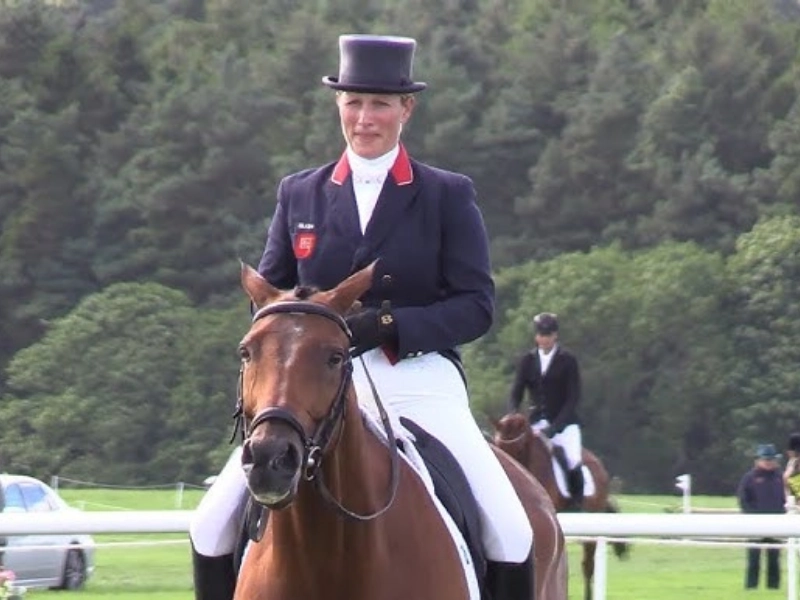 For horses competing, a regular feeding regimen is absolutely vital. Frequent meals help to preserve gut health and avoid problems including colic. Horses should be fed at least twice a day; first, attention should be on supplying grass. This method encourages good digestion and replics their natural grazing activity.
Equally vital is portion control. While underfeeding could provide insufficient energy levels and poor performance, overfeeding might cause obesity and related health issues. The weight, labor load, and personal metabolism of the horse will help you decide on the proper portions. Working with a veterinarian or equine nutritionist will enable one to design a customized feeding schedule fit for the particular requirements of the horse.
For horses competing, a regular feeding regimen is absolutely vital. Frequent meals help to preserve gut health and avoid problems including colic. Horses should be fed at least twice a day; first, attention should be on supplying grass. This method encourages good digestion and replics their natural grazing activity.
Equally vital is portion control. While underfeeding could provide insufficient energy levels and poor performance, overfeeding might cause obesity and related health issues. The weight, labor load, and personal metabolism of the horse will help you decide on the proper portions. Working with a veterinarian or equine nutritionist will enable one to design a customized feeding schedule fit for the particular requirements of the horse.
Liquidity and Electrolyte Balance
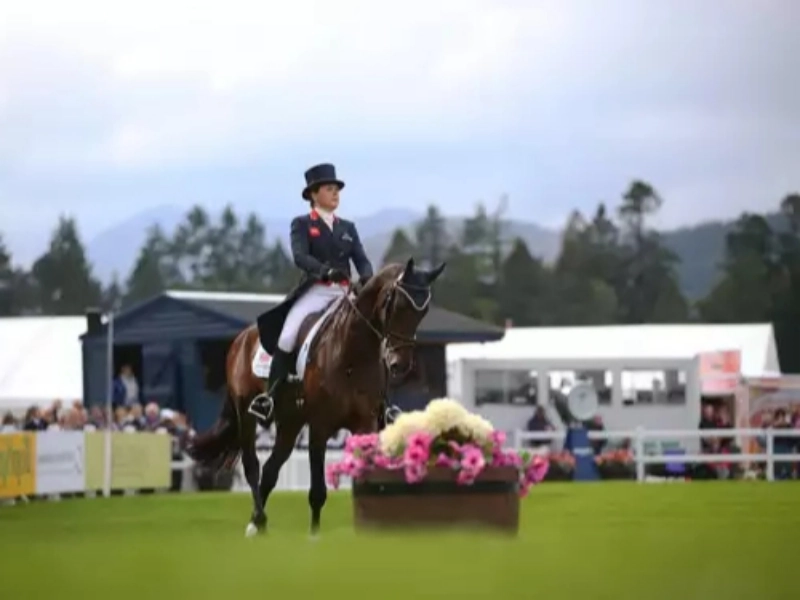 A competition horse's diet must include hydration if nothing else. During vigorous exercise, horses can lose large volumes of electrolytes and water, which causes dehydration and worse performance. Always making sure fresh, clean water is easily available is vital. Drinking water both before and after exercise will help to preserve hydration levels.
Maintaining fluid equilibrium and supporting muscular action depend on electrolytes including sodium, potassium, and chloride. Think about offering electrolyte pills to replace lost minerals during contests or demanding training sessions. These are sold as flavored electrolyte solutions or as powder blended with feed. Monitoring the water level of the horse and modifying electrolyte intake depending on effort and surroundings will help to maximize performance and recuperation.
A competition horse's diet must include hydration if nothing else. During vigorous exercise, horses can lose large volumes of electrolytes and water, which causes dehydration and worse performance. Always making sure fresh, clean water is easily available is vital. Drinking water both before and after exercise will help to preserve hydration levels.
Maintaining fluid equilibrium and supporting muscular action depend on electrolytes including sodium, potassium, and chloride. Think about offering electrolyte pills to replace lost minerals during contests or demanding training sessions. These are sold as flavored electrolyte solutions or as powder blended with feed. Monitoring the water level of the horse and modifying electrolyte intake depending on effort and surroundings will help to maximize performance and recuperation.
Watching Performance and Condition
Changing a competitive horse's diet as necessary depends on regular monitoring of their condition and performance. Determining whether a horse is in appropriate weight for competition is much aided by body condition rating. This approach assesses the horse's general body form and fat cover, therefore enabling trainers and owners to decide on feeding and activity schedules. Apart from physical state, consider the horse's general attitude, coat condition, and energy level. These elements can help one determine whether their demands are being satisfied with the present diet. It could be time to review a horse's diet if they seem slow or have poor coat condition. Working closely with a veterinarian or equine nutritionist will enable one to spot any required changes to maximize performance and preserve the health of the horse.
Special Issues for Many Fields
Depending on the particular demands of the sport, several equestrian disciplines may have different dietary needs. For instance, while show jumpers may need more carbs for rapid bursts of energy, endurance horses need a diet heavier in lipids and electrolytes to maintain lengthy durations of exercise. Knowing these differences will enable the diet be customized to support the particular discipline of the horse. Nutritional demands can also be influenced by age, breed, and personal medical history. While older horses could profit from diets that support joint health and digestion, young, growing horses may need more protein and calcium levels for appropriate development. By customizing the diet depending on these elements, one may help to guarantee that horses under competition stay healthy and competitive all through their careers. Using a good diet for competitive horses calls for considerable thought given their particular requirements. Understanding their nutritional needs, designing a balanced diet, setting a regular feeding plan, and tracking their condition will help owners and trainers maximize performance and preserve the general health of their equine athletes. Appropriate diet allows competitive horses to flourish and reach their best in the arena.
